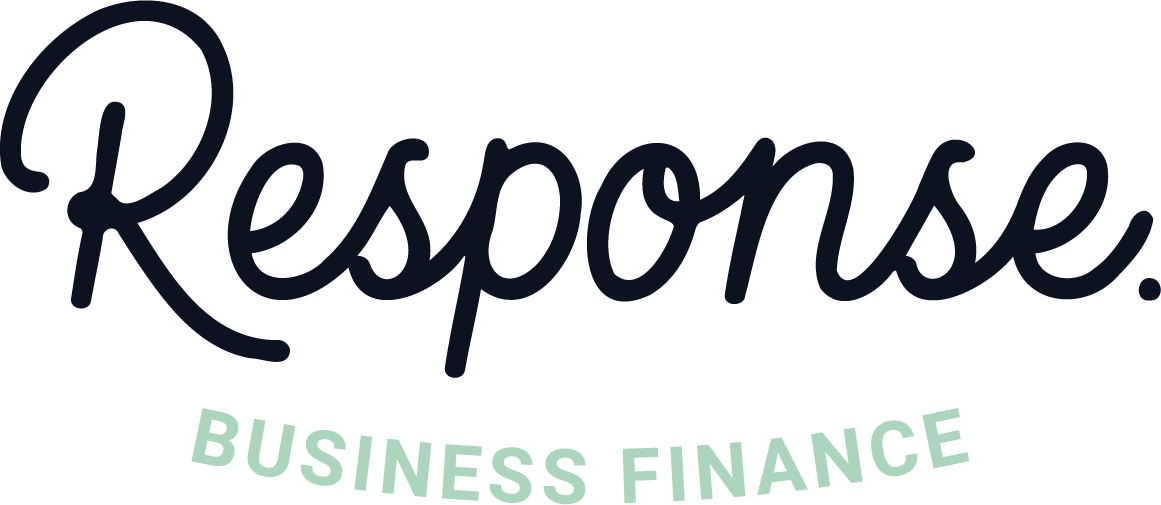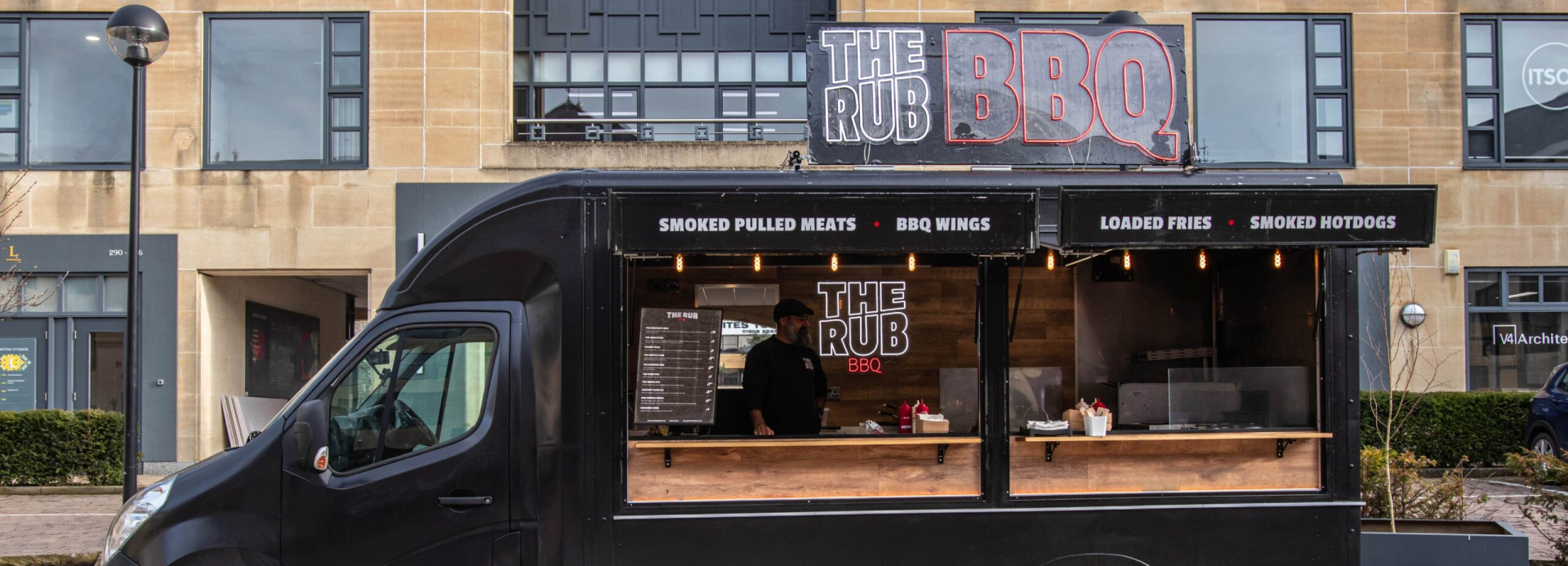
Blog Article by Response Business Finance
Merchant Cash Advance vs Business Loan: Key Differences Explained
Need quick cash for your business but unsure whether to go for a merchant cash advance or a traditional business loan? The main difference is simple: merchant cash advances are faster and more flexible but cost more, while business loans are cheaper but take longer to arrange and have fixed monthly payments.
Here’s everything you need to know about both options, so you can make the right choice for your business.
What Is a Merchant Cash Advance?
A merchant cash advance (MCA) isn’t technically a loan. Instead, it’s a cash advance against your future card sales.
Here’s how it works: You receive a lump sum upfront, then repay it through a percentage of your daily card transactions. If you take £10,000 and agree to a 15% collection rate, the provider takes 15% of every card sale until the advance is repaid.
No card sales that day? No repayment. Busy day with lots of transactions? You’ll pay back more.
What Is a Business Loan?
A business loan is exactly what it sounds like – you borrow money and pay it back over time with interest. You’ll have fixed monthly payments regardless of how your business performs.
Traditional business loans come from banks, alternative lenders, or online platforms. The terms are usually clearer, and you know exactly what you’ll pay each month.
Quick Comparison: Merchant Cash Advance vs Business Loan
| Feature | Merchant Cash Advance | Business Loan |
|---|---|---|
| Speed | 24–48 hours | 2–8 weeks |
| Repayment | % of daily card sales | Fixed monthly payments |
| Cost | High (factor rate 1.1–1.5) | Lower (APR 6–30%) |
| Credit Check | Light | Required |
| Best For | Urgent, short-term needs | Long-term, larger investments |
Key Differences Between MCAs and Business Loans
Speed of Approval
Merchant Cash Advance: Often approved within 24-48 hours. Minimal paperwork required.
Business Loan: Can take 2-8 weeks for approval, especially with traditional banks. More documentation needed.
Repayment Structure
Merchant Cash Advance: Repayments fluctuate based on your card sales. Typically 10-25% of daily transactions.
Business Loan: Fixed monthly payments over a set period (usually 1-7 years).
Cost
Merchant Cash Advance: More expensive. Factor rates typically range from 1.1 to 1.5 (meaning you pay back £11,000-£15,000 for every £10,000 advanced).
Business Loan: Generally cheaper. Annual percentage rates (APR) typically range from 6-30%, depending on your credit score and business strength.
Eligibility Requirements
Merchant Cash Advance:
Business Loan:
Use of Funds
Merchant Cash Advance: Flexible – can be used for any business purpose.
Business Loan: May have restrictions depending on the lender and loan type.
When to Choose a Merchant Cash Advance
MCAs work best for businesses that:
Real example: A restaurant needs £15,000 to replace broken kitchen equipment before the weekend rush. An MCA could provide funds within 24 hours, with repayments automatically taken from card sales.
When to Choose a Business Loan
Business loans are better for:
Real example: A manufacturing company needs £100,000 for new machinery. A business loan offers lower costs and predictable payments over 3-5 years.
The Real Cost Comparison
Let’s say you need £20,000:
Merchant Cash Advance:
Business Loan:
The MCA costs £3,360 more in this example – but you get the money faster and repayments flex with your sales.
Credit Card Processing and Revenue-Based Funding
If you’re processing significant card revenue, you might also consider other revenue-based funding options. Understanding how to use card revenue to fund business growth can help you explore additional financing strategies that work with your existing payment processing setup.
Making the Right Choice
Consider these questions:
- How urgently do you need the money?
If it’s truly urgent, an MCA might be worth the extra cost. - How much do you need?
For amounts over £50,000, business loans are usually more cost-effective. - What’s your monthly card revenue?
You need consistent card sales to make an MCA work. - Can you afford fixed payments?
If cash flow is unpredictable, flexible MCA repayments might suit you better. - What’s your credit score?
Poor credit might limit you to MCA options.
The Bottom Line
Merchant cash advances offer speed and flexibility but cost more. Business loans take longer but offer better value for money.
For urgent, short-term needs with strong card sales, an MCA can be a lifeline. For planned investments or larger amounts, a business loan usually makes more financial sense.
The key is matching the finance option to your specific situation – not just grabbing the first offer you see.
Need Help Choosing?
Every business is different, and the right funding option depends on your specific circumstances. We’ve helped hundreds of SMEs find the right finance solution – fast, with FCA-regulated advice tailored to your business.
Want to discuss your options? Get in touch for a no-obligation chat about which funding route works best for your business goals.
Mark Squires
Managing Director
Mark Squires is a seasoned professional with a passion for transforming how businesses access finance. As the founder of Response Business Finance (RBF), Mark leads a boutique commercial brokerage built on the principles of sensibility, ethics, and proactivity. His vision is simple yet profound: to make commercial finance personal, offering tailored solutions that empower SMEs to thrive.




